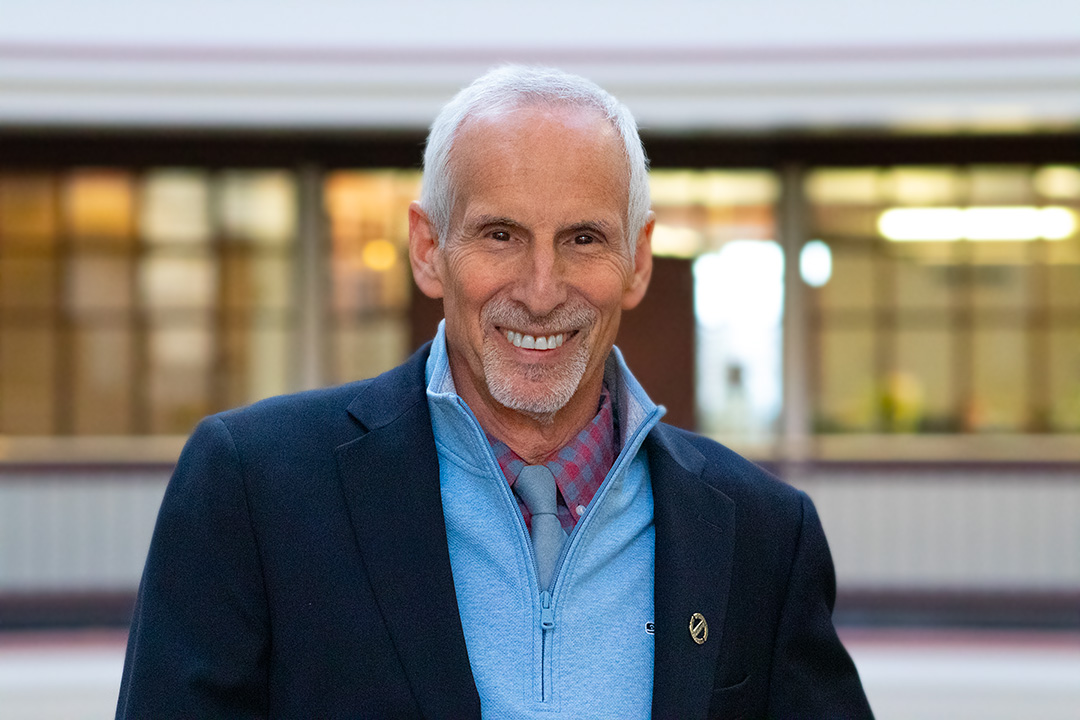| March 22, 2024
ENERGY & TECHNOLOGY COMMITTEE ADVANCES BILLS EXPLORING NEW OPPORTUNITIES IN SOLAR, POWER GENERATION
As the 2024 legislative session in Connecticut continues, the Energy & Technology Committee, led by Senate Chair State Senator Norm Needleman (D-Essex), is focused on important concepts that can potentially advance adoption of new power generation strategies and explore further adoption of solar power among other renewable energies in the state. It recently passed several bills for further consideration on the House and Senate floors.
“This year, our committee is looking toward increasing the ease of access and potential use of technology like solar and geothermal energy,” said Sen. Needleman. “As our state continues to explore the expansion and adoption of these forms of energy, the more we can do to encourage its adoption, protect its users and study new uses for the future will be beneficial for our communities.”
Perhaps the most significant piece of legislation advanced by the Energy & Technology Committee this year is House Bill 5052, “An Act Supporting Solar Energy In Schools.” The bill, if passed, would lead to the creation of a program encouraging the installation of solar energy systems and energy storage systems at public schools in Connecticut. School districts would be eligible to apply for and accept grants for school building projects involving solar energy based on assessments of solar feasibility, especially in projects where towns or districts don’t utilize solar energy.
Making access and development of solar energy easier is a common thread in the committee’s work this year and is not focused solely on schools. Senate Bill 297, “An Act Concerning Consumer Protection For Customers Of Solar Power Companies,” seeks to put requirements in place for third-party solar salesmen, including that they are directly affiliated with companies they use and that they explain all rates, fees and charges as well as terms and conditions of the systems they sell when discussing a sale. The bill further seeks to establish a task force providing further recommendations in future years, including potential special protections for low-income or senior residents.
Finally, House Bill 5358, “An Act Concerning A Study Of Geothermal Energy,” would require the Department of Energy and Environmental Protection to study the feasibility of developing a community geothermal pilot program. These systems dig deep into the ground where temperature is nearly always consistent and utilize it to provide heat in winter and air conditioning in summer, most often using heat pumps. Community geothermal would see buildings interconnected with these heat pump systems, with increased energy efficiency through transferring air, possibly providing a new and eased way for HVAC and air regulation in communities.
All three bills passed the Energy & Technology Committee on March 21. |
